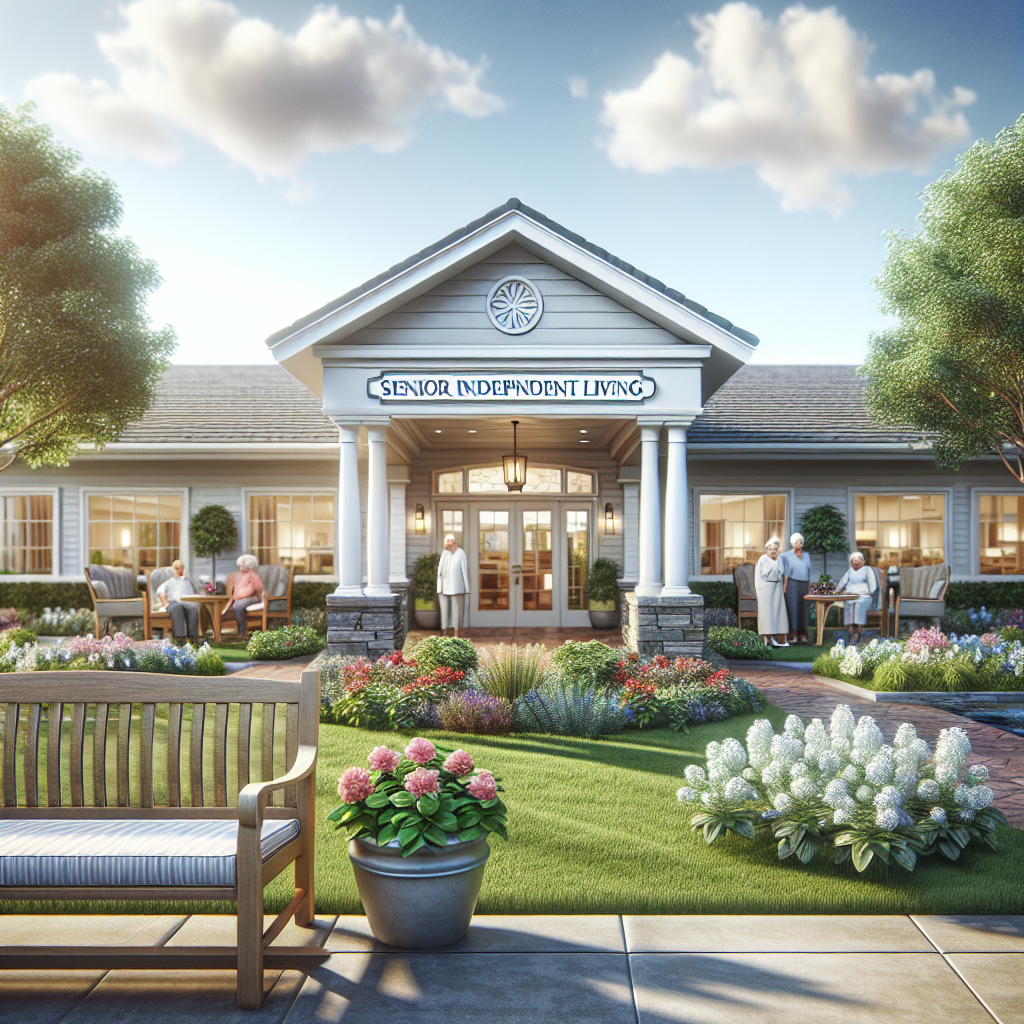Independent living facilities for seniors do not face the same stringent oversight as nursing homes or assisted living centers.
Rosie Powell, 71, has been without air conditioning in her North Houston apartment for nearly a month. “I’m sitting here in the living room now with my little portable fan that I bought from Walmart,” she said one June afternoon, with her thermostat reading 87 degrees Fahrenheit.
Powell moved to Palisades of Inwood, a senior living complex, a decade ago because it was cheaper and easier than maintaining her own property, and she enjoyed the camaraderie with other elderly people. However, she has found it comes with a downside: limited oversight.
Even though Powell lives in a senior complex, there is a stark contrast in regulation between different types of senior living facilities, leaving some vulnerable seniors in gaps of care. Powell lamented, “Nobody come over here and see about us.”
Nursing homes and assisted living centers, which offer medical care, are required to be storm-ready, following strict guidelines from Texas Health and Human Services for emergency preparedness. These regulations, however, do not extend to independent living communities like Palisades of Inwood.
Independent living complexes typically are not required to provide special care to seniors, despite being marketed to those older than 55. “It’s just like a regular apartment complex,” said Houston City Council Member Amy Peck. Residents can be low income, on medication, and unable to walk on their own.
Peck is concerned about the upcoming hurricane season, noting the high risks for residents who may not be as independent as those in specialized care facilities. “There are a bunch of senior citizens living in an apartment complex with no kind of accountability for what could happen in a disaster situation or any other kind of situation,” she added.
After Powell’s AC went out on June 7, along with the units of nearly a dozen of her neighbors, their landlord provided portable AC units, which were insufficient during Houston’s triple-digit summer heat. “I just try to brace myself and try to have enough food or water around here to take care of me… It’s just not what we were told it was going to be,” Powell said.
Latasha Washington, manager of Palisades of Inwood, declined to comment.
Many seniors, even those living independently, have chronic health problems and rely on power to keep life-saving devices charged and medications at the right temperature, making power outages dangerous. State Senator Molly Cook, who holds a Master’s in Public Health, noted that as people age, they are more at risk of dehydration. “Especially if it’s humid, that could be lethal to them,” she said.
Storms in May, including a derecho, left many Houstonians without power or AC for days, highlighting gaps in preparedness, including within senior care communities. “What we saw out there was that folks were falling between the gaps,” Senator Cook said.
Centers offering medical care must have generators, enough food and water for each resident for at least three days, and an evacuation plan. Chuck Lalonde, senior vice president of operations for Belmont Village Senior Living, said, “It’s a pretty strict list that we follow, so we’re not reinventing the wheel every hurricane season.” However, these centers can cost up to $7,000 a month, which many seniors cannot afford, making independent living communities a more affordable option.
Independent living communities like Houston Heights Tower charge around $750 a month for a one-bedroom apartment. Linda Holder, executive director of The Housing Corporation, emphasized that they cannot take care of medical needs. “There’s always 911,” she said, though they do stock extra food and water and provide a cooling center during power outages.
After the derecho on May 16, power at Houston Heights Tower was out for four days. Hope Aguirre, the property manager, brought residents from higher floors to lower levels for safety. “I don’t want no one on the top, just so they won’t get scared or anything,” Aguirre said.
Council Member Peck is considering drafting local policies to regulate independent living communities. “There needs to be some changes to our city ordinances and possibly the state law as well that says, you know, that there has to at least be some kind of minimum standard of care at these apartment complexes,” she said.
